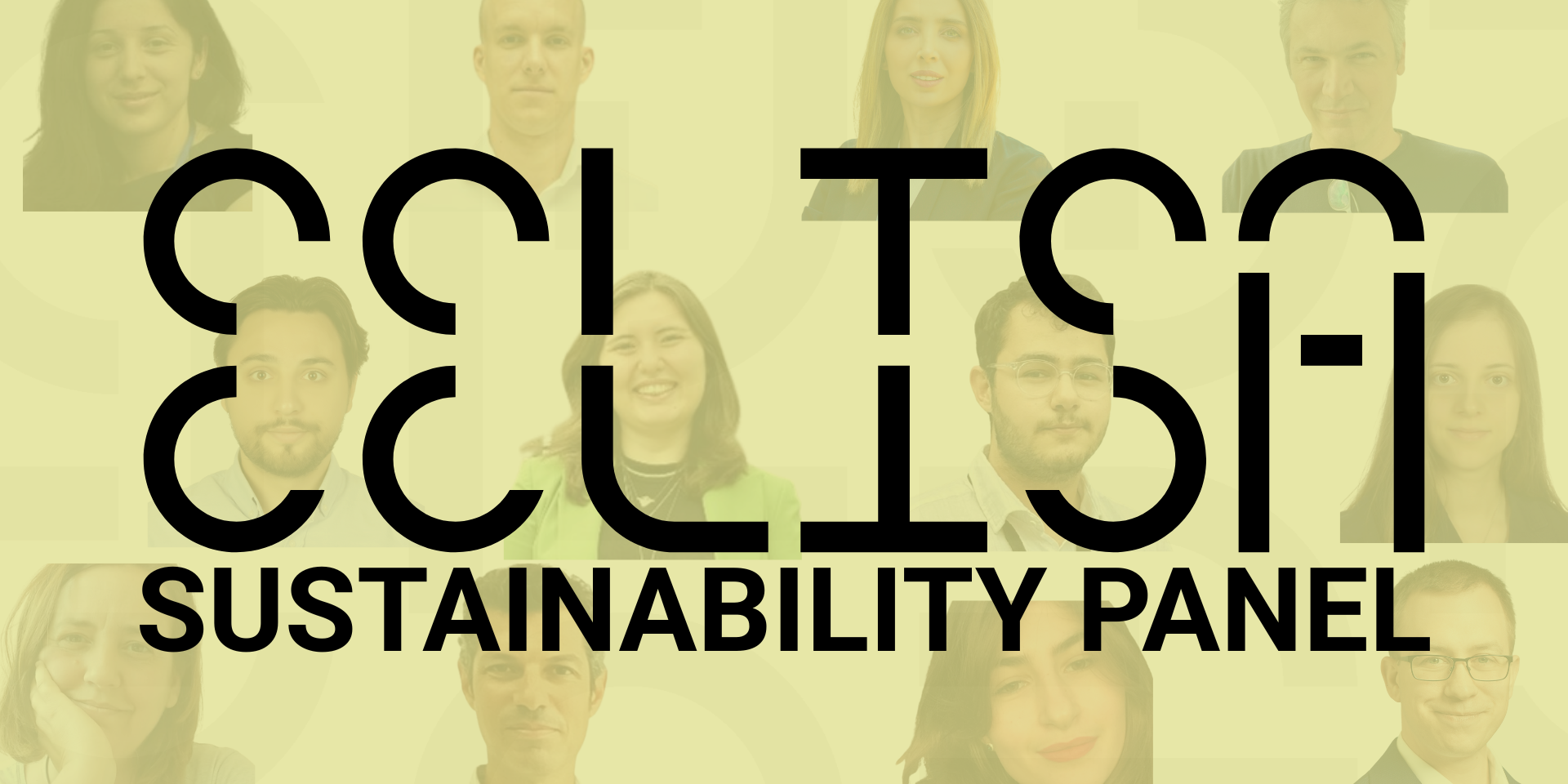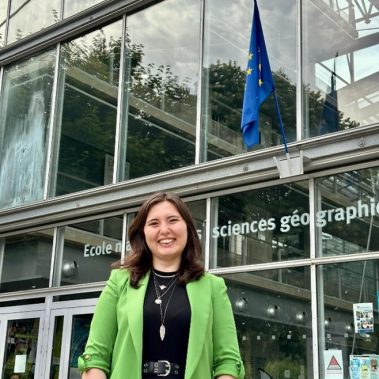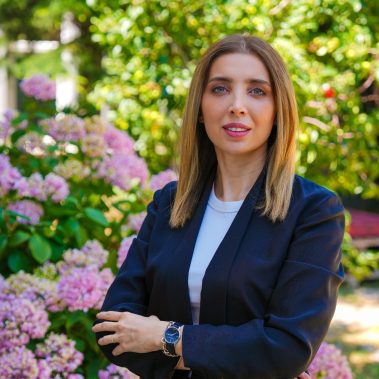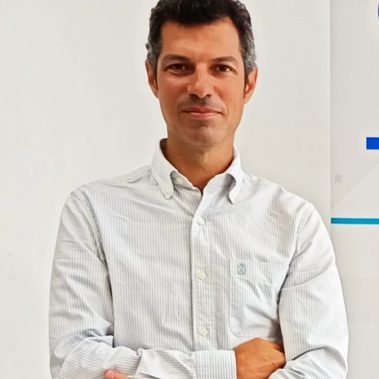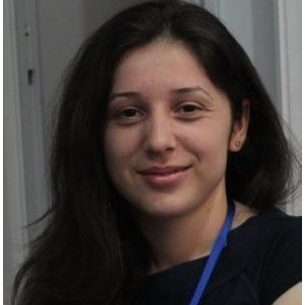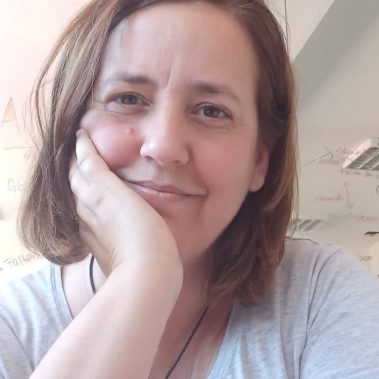Sustainable development and climate protection are among the most pressing challenges of our time. In response, the United Nations adopted the Sustainable Development Goals (SDGs) in 2015, providing a global framework for action. At the European level, the commitment to building sustainable and resilient societies and economies has become a strategic priority, with the green and digital transitions at the heart of these efforts. In 2019, the European Commission launched the European Green Deal to make Europe the first climate-neutral continent by 2050.
Higher education institutions play a crucial role in achieving these goals. As centers of education, research, and innovation, universities must equip students with the knowledge and skills necessary to tackle society’s greatest challenges. Within this academic landscape, EELISA is committed to being a driving actor.
EELISA envisions a future where higher education plays a leading role in addressing Europe’s and the world’s grand challenges, particularly the ecological and digital transitions, by harnessing the power of engineering, sciences, humanities, and innovation in the service of society. As articulated in the EELISA 2.0 Mission Statement, the Alliance is committed to transforming education, research, and engagement by embedding sustainability, inclusiveness, and interdisciplinarity across all its activities. Sustainability is therefore a cross-cutting priority in EELISA’s strategy, not only as subject matter for teaching, learning and research activities, but also as a principle that guides governance, mobility, campus and public engagement, and institutional cooperation across university missions. This commitment is visible in the development of joint programmes with embedded sustainability competences, the promotion of EELISA Communities addressing missions around the Sustainable Development Goals, and in the Alliance’s commitment to empower young researchers in tackling global challenges.
Autumn of 2025 saw the creation of the EELISA Sustainability Assessment Panel. Comprising 12 members from diverse backgrounds, including students, professors, administrative staff, sustainability officers, and external stakeholders, the group aimed to evaluate EELISA’s work in terms of sustainability across four main areas and to produce recommendations for improvement.
Börte Köse Mutlu, head of the Sustainability Department at Istanbul Technical University (ITU) and Group Chair of the panel, has enabled us to learn more about the first panel assessment. After the final meeting, she stated, “The first iteration was truly inspiring. We managed to create a collaborative and open environment where participants could exchange ideas, challenges, and best practices. It was encouraging to see so much enthusiasm and commitment toward enhancing compliance with sustainability as a central pillar of our collective mission”.
When asked what motivated her to participate in the panel, she added: “As the head of the Sustainability Department at Istanbul Technical University (ITU), I have been actively involved in advancing sustainability strategies within our institution. Chairing the EELISA Sustainability Panel offered a unique opportunity to expand this experience to a European context — to co-create a shared vision of sustainability within an alliance that is redefining what a ‘European university’ means today. What inspired me most was the collaborative spirit of working with colleagues across Europe to identify and shape the best ideas and practices that can position EELISA as a model for sustainability in higher education.”
One of the outcomes of this evaluation, resulted in a report, the EELISA Sustainability Compliance Framework, submitted by the panel at the end of this first phase of evaluation, which should enable the ten member institutions to take their commitment even further. « Through our collective work, we consolidated insights from multiple thematic sub-areas—education, research, campus and public engagement, mobility, and governance—into a coherent set of actionable recommendations. These included creating an online introductory course (MOOC) on sustainability for all EELISA students, enhancing sustainability-related staff training, promoting green mobility practices, and fostering stronger collaboration with NGOs and local communities. Perhaps most importantly, the process built a shared understanding of sustainability across the alliance and strengthened the inter-institutional networks that will continue to drive impact beyond the panel itself.”
Professor Köse also shared with us her aspirations for the future after this first iteration: “I hope the panel’s work will help make sustainability a living and visible part of EELISA — something that connects students, researchers, and institutions through shared action and purpose. The impact we aim for is a stronger alliance where sustainability inspires innovation, collaboration, and a genuine sense of responsibility toward our communities and the planet.”
In the coming months, the results obtained by the panel will be presented to the EELISA governance structures. “ Our aim is to make sure that the outcomes of the Sustainability Panel become living practices that shape everyday life across the alliance.” declare Börte Köse Mutlu. After presenting the recommendations, the objective is for the EELISA community – professors, staff, students, and external stakeholders – to work on their implementation. In summary, the shared objective of the Chair and all panel members is that “the coming months should be about turning ideas into action”.
Börte Köse Mutlu
She is a faculty member at Istanbul Technical University (ITU), Department of Environmental Engineering. She is currently an Associate Professor at ITU, where she also serves as the Coordinator of the ITU Sustainability Office, the Head of the Department of Sustainability, and the Coordinator of the MSc Program in Sustainability. Her research focuses on sustainable water and wastewater management, sustainable cities, water footprint, resource recovery of critical elements, and membrane processes.
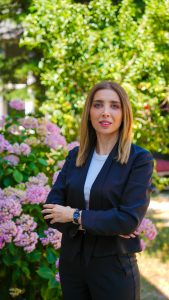
Meet the Panel
Click on the images to learn more

